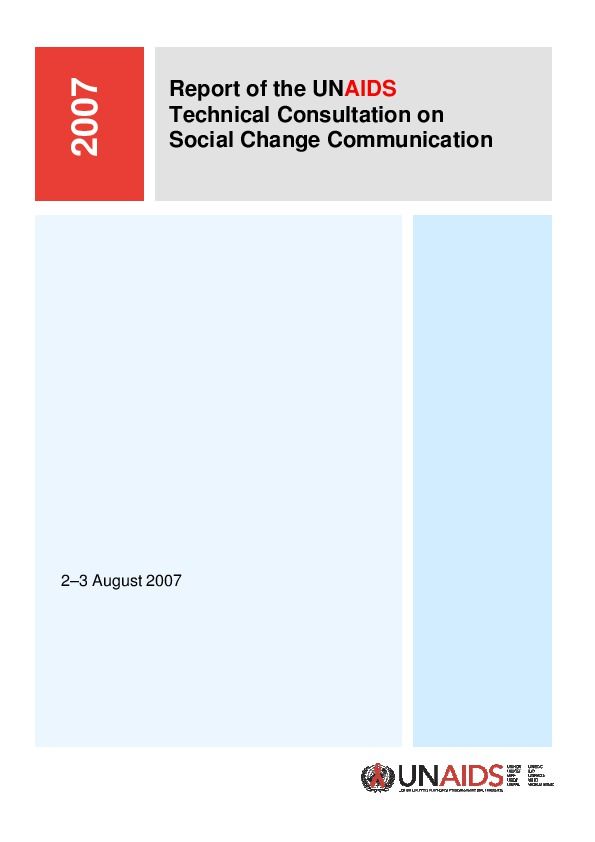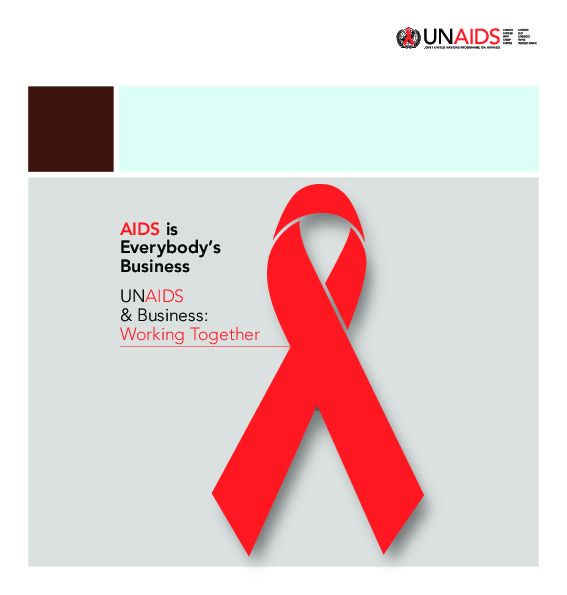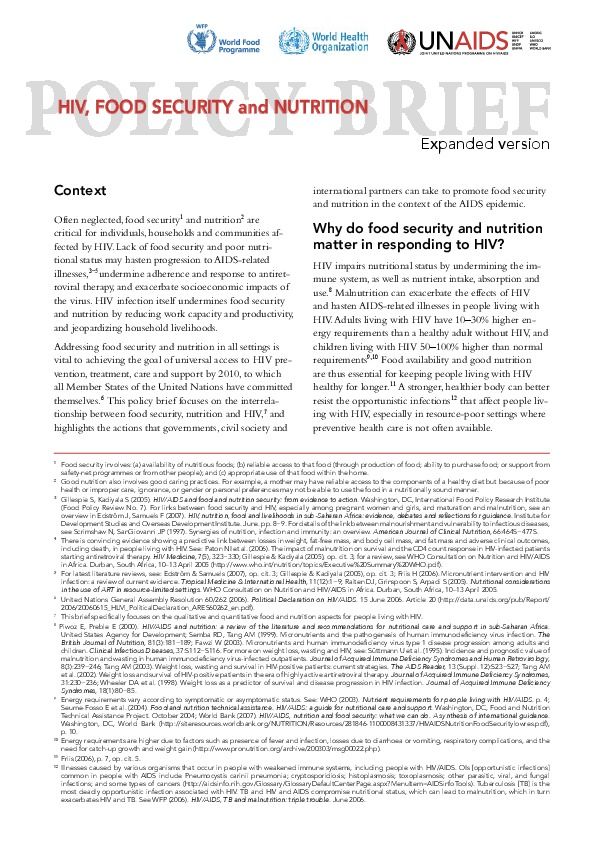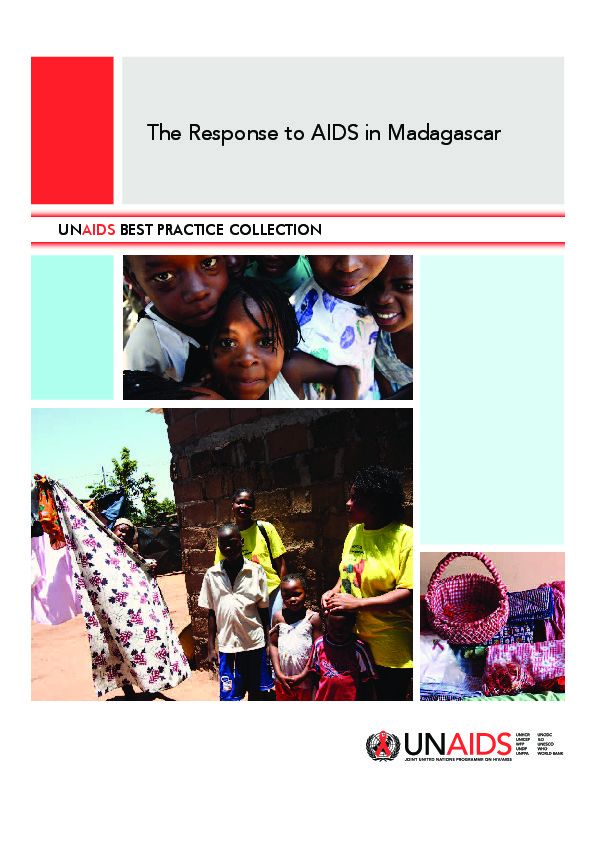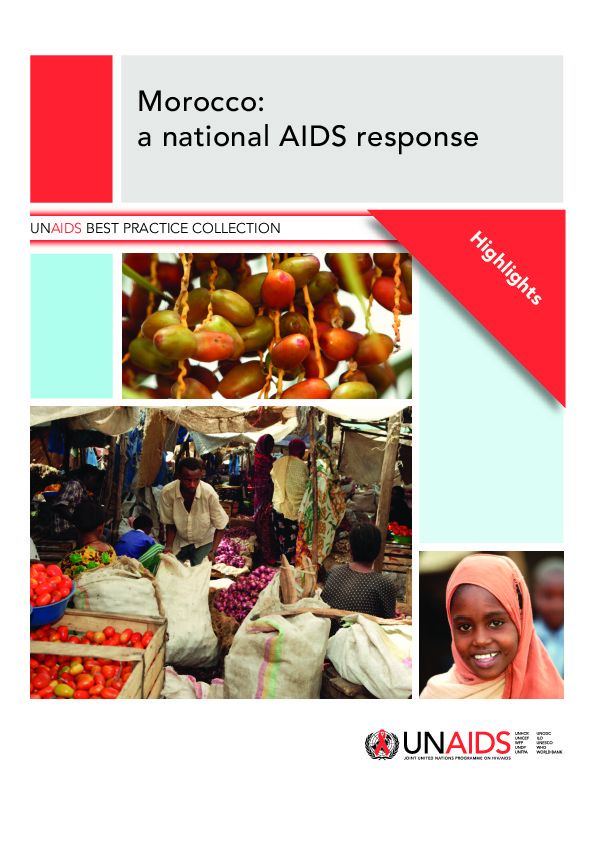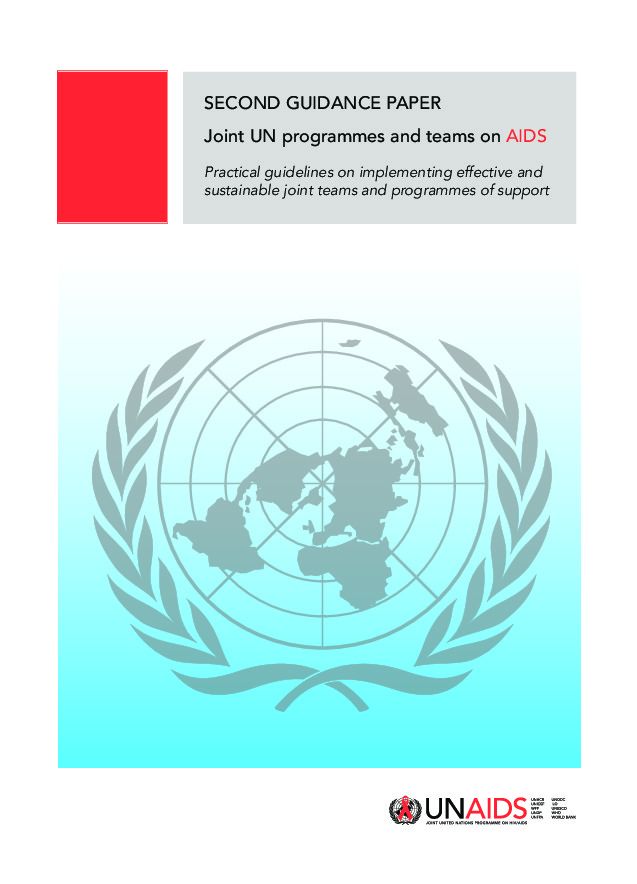Documents
Report of the UNAIDS Technical Consultation on Social Change Communication
17 декабря 2007 года.
This document provides an overview of the discussions at the UNAIDS technical consultation on social change communication on 2–3 August 2007 at UNAIDS, Geneva. With 11,000 people being infected every day, HIV prevention is a global priority. UNAIDS Practical guidelines for intensifying HIV prevention urge countries to match prevention responses to their epidemics and stress the need to tackle the social drivers of the epidemic, such as gender inequality, HIV related stigma and discrimination and human rights abuses. The meeting explored the role of social change communication in achieving these ends through activities that are effective, measurable and can be taken to scale. A number of practical next steps and actions were identified and, building on the information generated at the meeting, guidance and technical support will be offered on social change communication for national AIDS programmes. A short paper on social change communication, describing the benefits and challenges of its application, will be developed. This will be followed by a high level briefing on social change communication and a technical update, which will explain what is meant by social change communication. It is hoped these documents will help UNAIDS country offices and national AIDS programme managers understand social change communication and enable them to promote it at the national level. They will be disseminated well before the 2008 UN General Assembly reporting.
Documents
AIDS is everybody's business: partnerships with the private sector
28 декабря 2007 года.
Thisa is a collection of case studies from UNAIDS. This summary cannot fully capture the diverse range of partnerships that the UNAIDS secretariat and its cosponsors have initiated with the private sector. It is a first attempt to collect stories that highlight just a few of the ways in which we work with this important constituency. The talent, resources, experience and commitment of business must play a central role in designing, implementing and promoting effective responses to HIV. UNAIDS is committed to further engaging with the private sector as a long-term partner in the response to AIDS at global and local levels.
Documents
AIDS is everybody's business: UNAIDS & business - working together
28 декабря 2007 года.
Being part of an effective response generates goodwill and demonstrates a company’s commitment to good corporate citizenship and to the well-being of its employees, customers and communities. There are many ways for businesses to contribute to the AIDS response. From the largest multinational corporations to the smallest enterprises, companies can choose the type and level of participation that suit their strengths. While models for partnership are practically limitless, possible activities include workplace programmes, advocacy, cash and in-kind donations.
Documents
Task Shifting - Global Recommendations and Guidelines
31 декабря 2007 года.
‘Task shifting’ is the name given to a process of delegation whereby tasks are moved, where appropriate, to less specialized health workers. These recommendations and guidelines on task shifting, produced by WHO with the US President Emergency Plan For AIDS Relief (PEPFAR) and the Joint United Nations Programme on AIDS (UNAIDS), provide a framework that is informed by all we now know about the ways in which accessto health services can be extended to all people in a way that is effective and sustainable.
Documents
Policy Brief - HIV, food security and nutrition
10 декабря 2008 года.
Often neglected, food security and nutrition are critical for individuals, households and communities affected by HIV. Lack of food security and poor nutritional status may hasten progression to AIDS-related illnesses and undermine adherence and response to antiretroviral therapy. HIV infection itself undermines food security and nutrition by reducing work capacity and jeopardizing household livelihoods.
Documents
The Response to AIDS in Madagascar
06 февраля 2008 года.
The response to AIDS in Madagascar has, for a long time, been compared to a helpless vessel drifting on a stormy sea. Since there was no common vision, no coherent communication strategy to accompany the measures, and no clear leadership—even less any
systematic follow-up—the response could be compared to a place where everybody was fighting their way to mark their territory or to a blank page on which everybody could, in indescribable cacophony, write and play their own music.
Documents
Handbook on HIV and Human Rights for National Human Rights Institutions
06 февраля 2008 года.
Through the long struggle against HIV, it has become clear that human rights are central to effective national responses to HIV. Where human rights are not protected, people are more vulnerable to HIV infection. Where the human rights of HIV-positive people are not protected, they suffer stigma and discrimination, become ill, become unable to support themselves and their families, and if not provided treatment, they die.
Documents
Morocco: a national AIDS response
04 мартаа 2008 года.
This publication gives a brief overview of the national response to AIDS in Morocco. The Moroccan AIDS response gave rise to the National Strategic Plan, which now serves as a reference throughout Africa. The National Strategic Plan has contributed to keeping the national seroprevalence at a low level. In a population of 32 million, prevalence of 0.1% among pregnant women has been found and an aggregate number of 1878 cases of AIDS were declared at the end of 2005.


